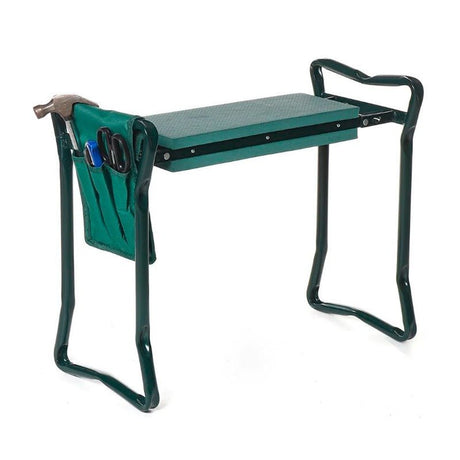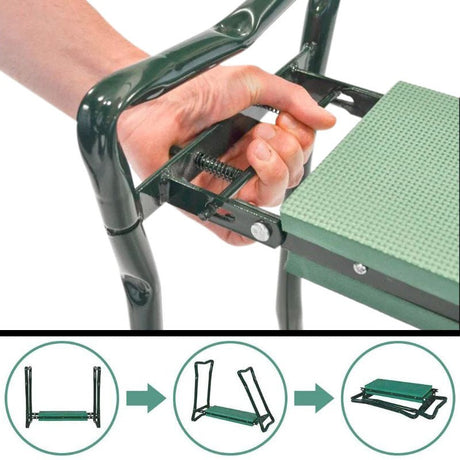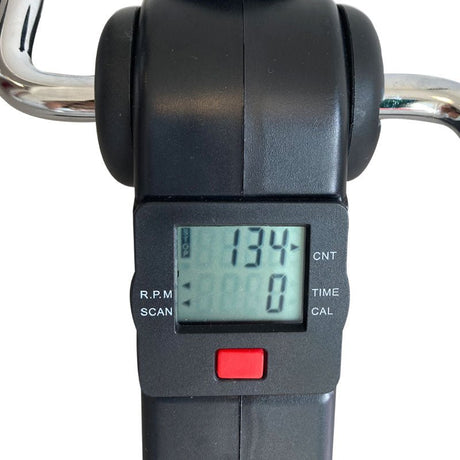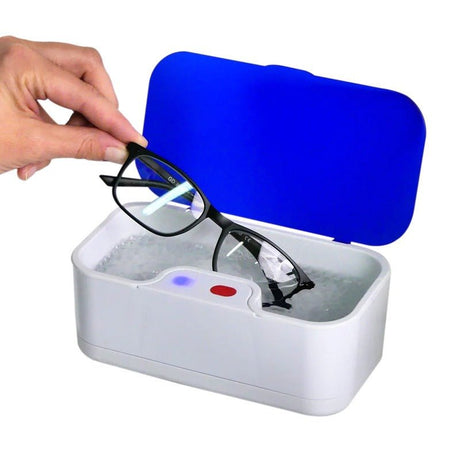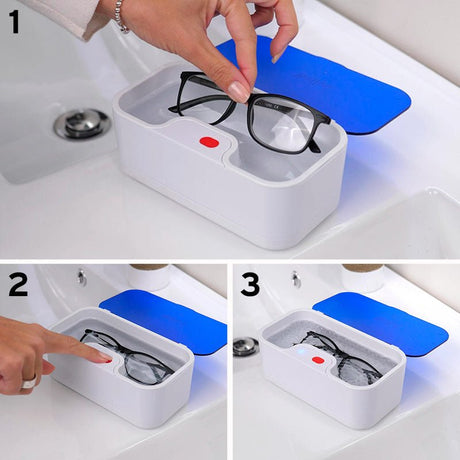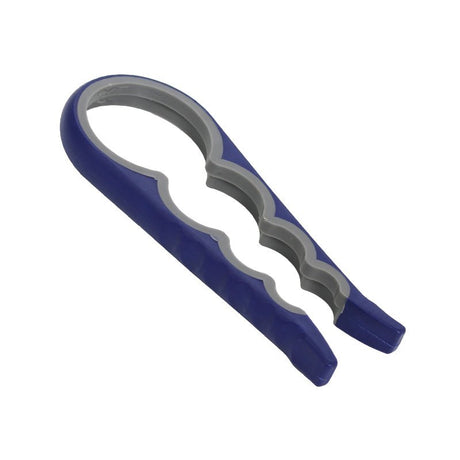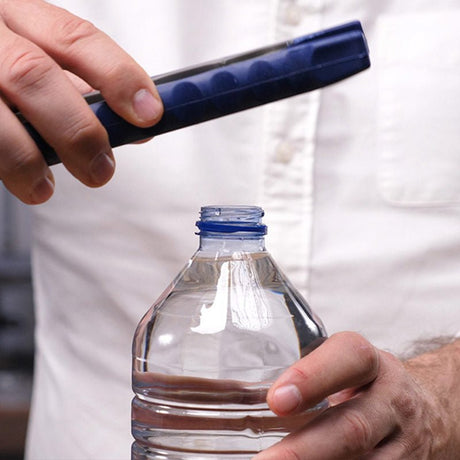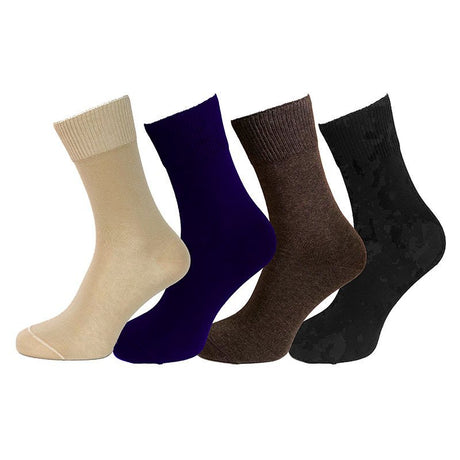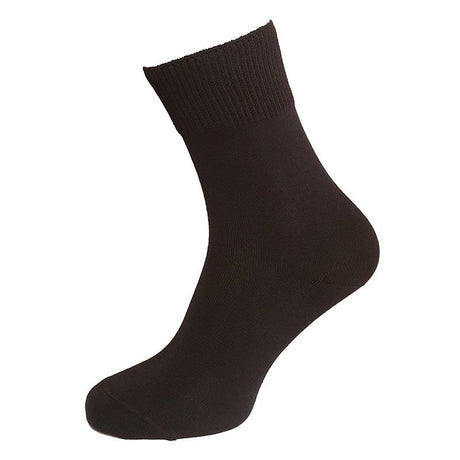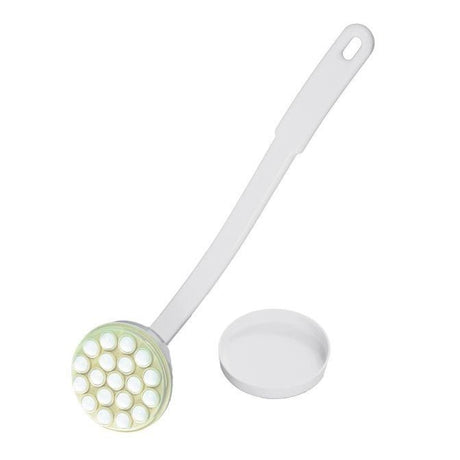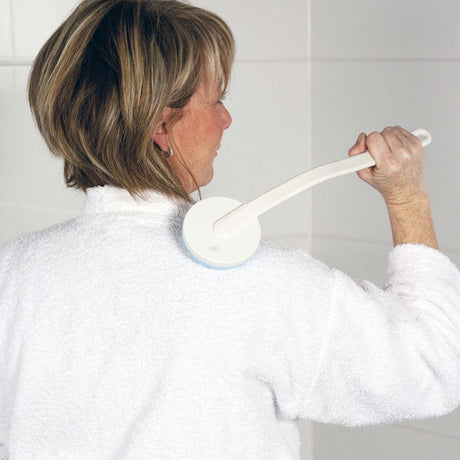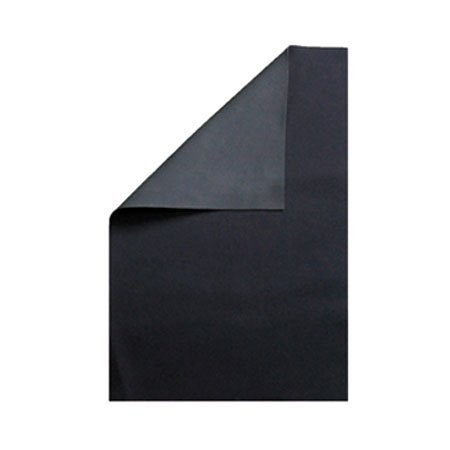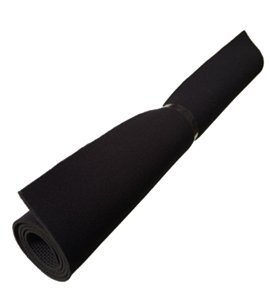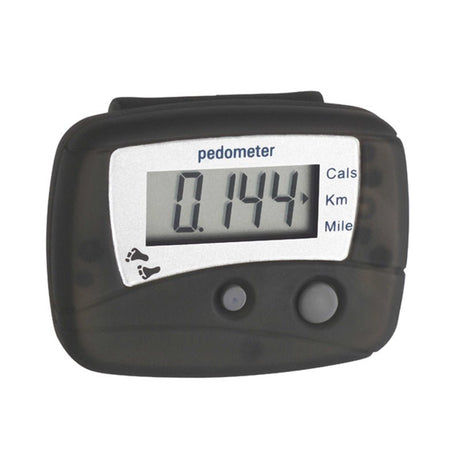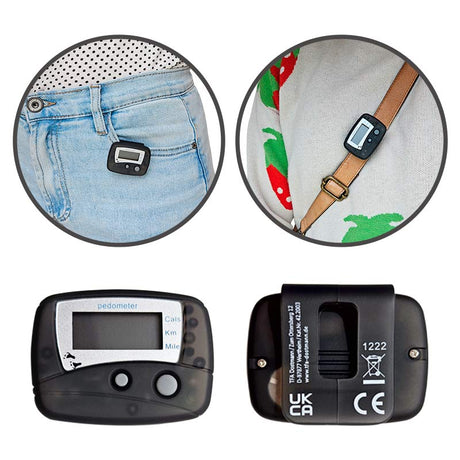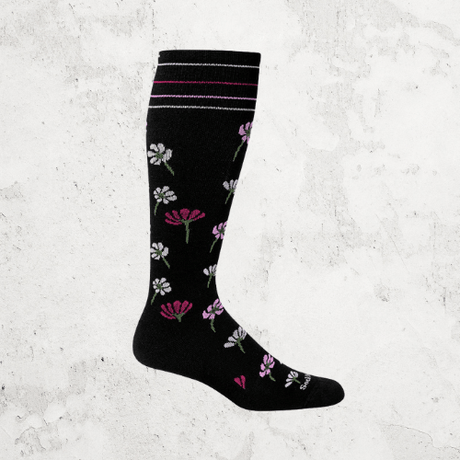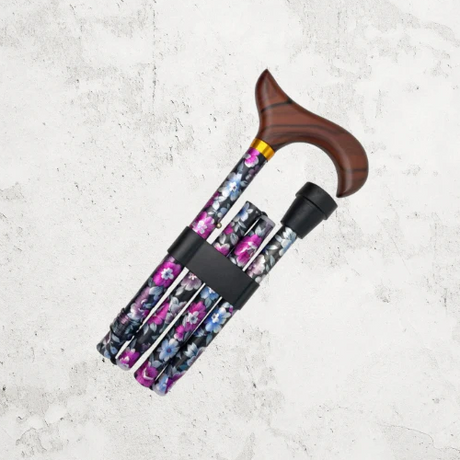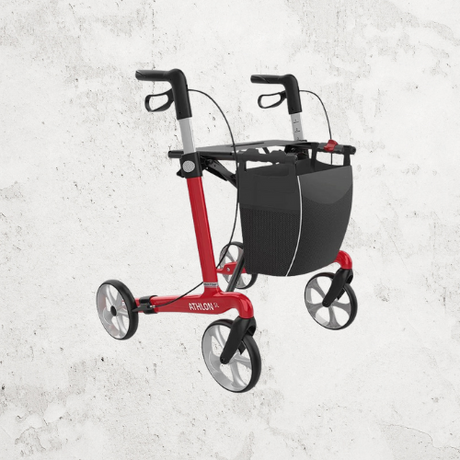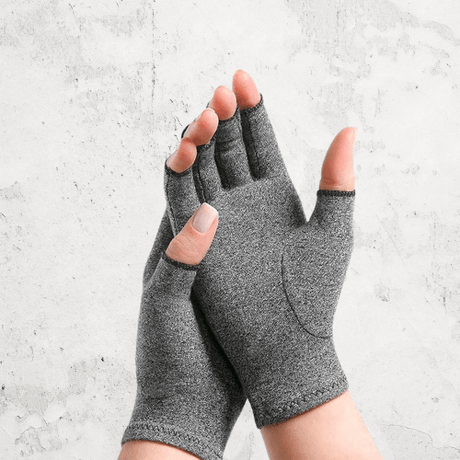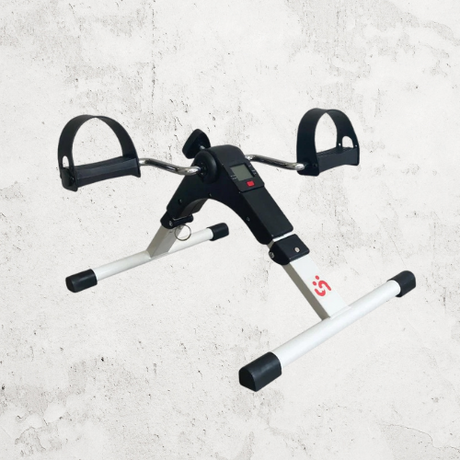Revamil Gel - for wounds and infections
Revamil Gel - for wounds and infections is backordered and will ship as soon as it is back in stock.
Delivery
Delivery
Delivery Time: 2-4 business days
Specifications
Specifications
Revamil Wound Gel in a 18g tube - Revamil Gel is a hydrogel wound gel with 100% pure medical honey for the treatment of wounds and infections.
Revamil is easy to apply, does not stick to the wound, and neutralizes wound odor. The salve's hydrophilic properties ensure a moist wound environment which, combined with the honey's high enzymatic activity, promotes wound healing.
This wound gel is exceptionally suitable for treating acute, chronic, and infected wounds in all phases of wound healing.
Revamil Gel - For Wounds and Infections
Revamil Gel - hydrophilic wound gel contains 100% pure medical honey, providing an effective and long-lasting antibacterial effect.
Shelf life: 3 months after opening.
A tube contains 18g of radiation-sterilized honey.
Suitable for:
-
Infected wounds
-
Deep wounds
-
Chronic wounds
-
Acute wounds
User Guide
Clean and debride the wound as needed.
Apply a thin layer of Revamil hydrophilic wound gel directly on the wound or place Revamil hydrophilic wound gel on the secondary dressing that covers the wound.
Secure the secondary dressing.
Repeat treatment every 1-3 days.
Shelf life: 3 months after opening.
Note! Individuals allergic or sensitive to honey are advised against using Revamil.
Product Info
The slow release of small amounts of hydrogen peroxide makes Revamil hydrophilic wound gel particularly suitable for infected wounds.
The hydrophilic properties of Revamil ensure a moist wound environment which, combined with the honey's high enzymatic activity, promotes wound healing. Revamil is especially suitable for treating acute, chronic, and infected wounds in all healing phases. It is easy to apply, does not stick to the wound, and neutralizes wound odor.
100% Pure Honey
The honey in our Revamil products is 100% pure. Collected from bees in a pesticide-free environment, no chemicals are used in the beekeeping or nearby farming areas.
Previously, Revamil and Vetramil honey were produced in greenhouses. However, this was found to be suboptimal for bees as they need more space to fly. Therefore, regions in the Netherlands were sought where bees can fly freely, with ample nectar sources and no pesticide use - not even in nearby farming areas.




